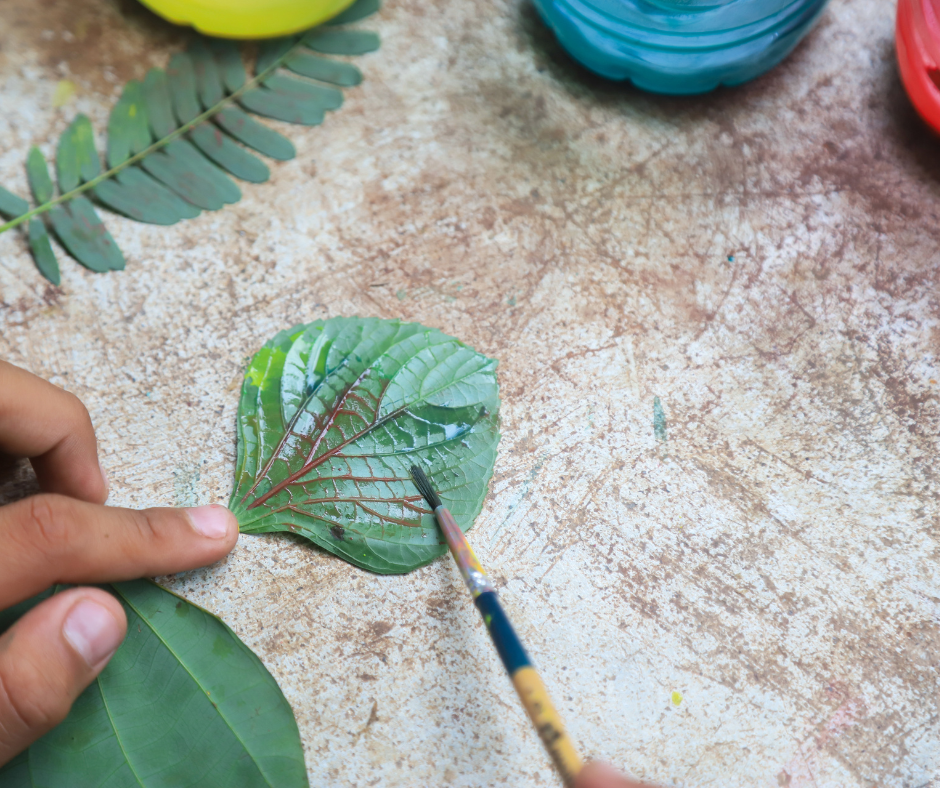The project begins with the idea of shaping STEAM education to align with the comprehensive view of child development in Early Childhood Education and Care (ECEC), where children are seen as capable participants in their own learning. Research on outdoor and natural materials can support the adoption of a teaching method that emphasizes children’s exploration, upon which a STEAM approach can be built. This approach can benefit both ECEC professionals by enhancing their interactions with children, making them more meaningful and of higher quality. Similarly, children will benefit from a STEAM education that is culturally balanced, fostering a more inclusive learning environment.
Some find teaching STEAM subjects to preschoolers challenging because of their young age. However, research suggests that children naturally explore these concepts as they interact with their surroundings. This project aims to enhance STEAM education for preschoolers by using natural materials and art to make learning enjoyable and engaging.
Teachers working with young children may lack confidence in teaching STEAM subjects. It’s important to boost their confidence and skills through training in child-centered approaches. This can improve education quality and encourage a more diverse range of people, including women and minorities, to pursue STEAM careers.
STEAM education isn’t culturally neutral; it can be influenced by stereotypes. Teaching STEAM to young children can promote a more balanced and inclusive learning environment, challenging cultural biases and encouraging participation from all backgrounds.

The STEAMWORKS project aims to enhance the educational quality of ECEC by using natural and arts materials to introduce STEAM topics in the very young children (1-3).
The specific objectives are: